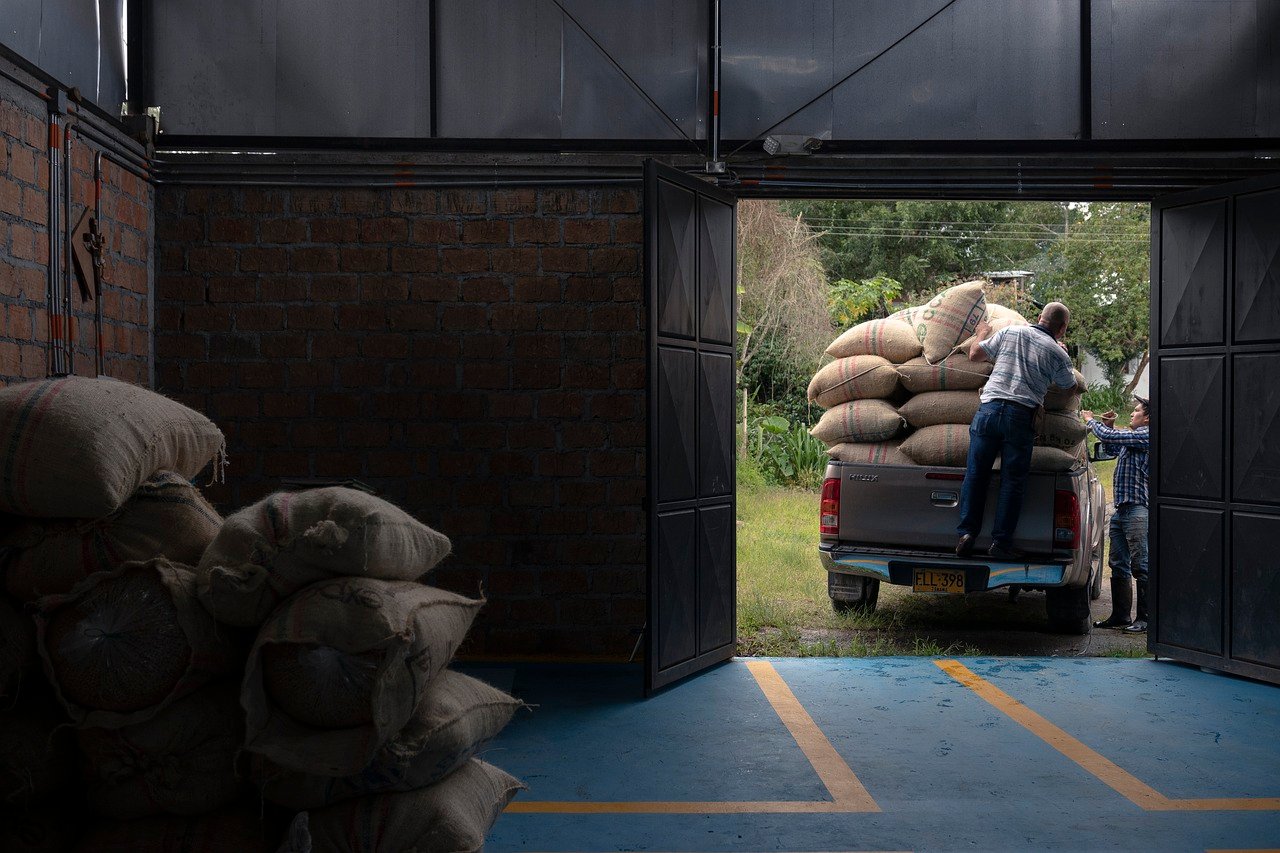Sustainability in Coffee Production: A Growing Priority

Sustainability in Coffee Production: A Growing Priority
Understanding Sustainable Coffee Production
Sustainability in coffee production revolves around practices that meet the needs of the present without compromising future generations’ ability to produce and consume coffee. Given that coffee is one of the world’s most traded commodities, its environmental and social impacts are considerable. Sustainability in this context spans environmental health, social equity, and economic viability.
The Importance of Sustainability in Coffee Cultivation
The coffee industry faces critical challenges including deforestation, water scarcity, and climate change. Traditional coffee farming often involves extensive use of fertilizers and pesticides, which negatively impacts local ecosystems. Furthermore, the rising incidence of coffee leaf rust and other diseases exacerbated by climate change threatens coffee yields. Sustainable practices mitigate these challenges by promoting biodiversity, preserving water resources, and improving local economies.
Certifications and Standards
Multiple certification systems exist to promote sustainable coffee production. The two most recognized are Fair Trade and Rainforest Alliance.
- Fair Trade ensures that farmers receive fair prices, promoting social equity and improving community livelihoods.
- Rainforest Alliance focuses on environmental conservation, encouraging practices that protect rainforest habitats while ensuring farmer profitability.
Other certifications like Organic or Bird Friendly emphasize different aspects of sustainability, giving consumers various options to support ethical farming methods.
Sustainable Farming Practices
Coffee cultivation can adopt several sustainable farming practices. Agroforestry, which integrates trees into coffee production, enhances biodiversity, providing habitat for wildlife while improving soil health. Additionally, shade-grown coffee reduces the need for chemical fertilizers and pesticides by promoting a balanced ecosystem.
Using organic fertilizers, such as compost and manure, can enhance soil fertility without the harmful effects of synthetic inputs. Mulching, intercropping, and cover cropping benefit the soil structure and prevent erosion while also improving water retention.
Water Management and Conservation
Water scarcity is an evolving concern in coffee growing regions. Sustainable coffee practices include efficient water management techniques. Drip irrigation systems help farmers use water more efficiently, while rainwater harvesting provides additional sources to irrigate coffee crops. Implementing these techniques not only conserves vital water resources but also ensures that farmers have sufficient water during dry seasons.
Climate Resilience
By 2050, coffee production could be severely impacted by climate change, with suitable growing regions shifting substantially. To adapt, sustainable farming practices focus on improving climate resilience. Crop diversity is a central strategy; planting various crop species alongside coffee can reduce risks associated with pests and diseases and help stabilize income against fluctuating coffee prices.
Economic Benefits for Local Communities
Sustainability is not just about environmental impact but also about improving the economic viability of coffee farmers. When farmers implement sustainable practices, they often see decreased costs associated with chemical inputs. Additionally, when certified, they tap into premium markets, enabling them to receive higher prices for their coffee.
Programs that facilitate direct trade relationships between farmers and consumers allow for greater profit margins, strengthening local economies. Empowering farmers through education and resources to employ sustainable practices leads to more resilient agricultural communities.
Consumer Awareness and Demand for Sustainable Coffee
Consumer awareness regarding sustainability is on the rise. Modern consumers are increasingly interested in the origin of their food, seeking out products that align with their values. The Specialty Coffee Association (SCA) reports that customers are willing to pay more for sustainably sourced coffee, driving demand for ethical brands.
This shift in consumer preference creates an opportunity for brands to differentiate themselves in a competitive market. As coffee drinkers learn about the environmental and social impacts of their coffee choices, they often seek out sustainable options, pushing the industry towards more responsible sourcing.
Technological Innovations in Sustainable Coffee Production
Innovation plays a crucial role in advancing sustainability within the coffee sector. Technology such as satellite imagery and data analytics helps farmers monitor crop health, predict yields, and manage resources effectively. Mobile applications enable farmers to access real-time weather forecasts and receive best practice guidance tailored to their local conditions.
Moreover, advancements in processing methods can reduce waste and improve the quality of coffee. Techniques such as wet-processing, when done sustainably, often result in high-quality beans while minimizing environmental damage.
Collaborative Initiatives and Partnerships
Collaborative efforts among stakeholders are essential for sustainable coffee production. NGOs, government organizations, and private enterprises often come together to develop training programs that educate farmers on sustainable practices. Initiatives like the Global Coffee Platform promote responsible coffee sourcing and aim to enhance sustainability across the coffee supply chain.
Cooperatives that bring together small-scale farmers can amplify their voices, enabling better negotiation capacities and resource sharing. These partnerships foster a community-centered approach to sustainability, as they empower farmers to make collective decisions towards more sustainable practices.
Conclusion
Sustainability in coffee production is emerging not merely as a trend but as a necessity. Growing awareness among consumers, coupled with the pressing challenges posed by climate change and resource scarcity, reinforces the critical need for ethical farming practices. Through certifications, sustainable farming methods, technological innovations, and collaborative initiatives, the coffee industry continues to pivot towards a more sustainable future, ensuring that coffee will still be enjoyed for generations to come.









